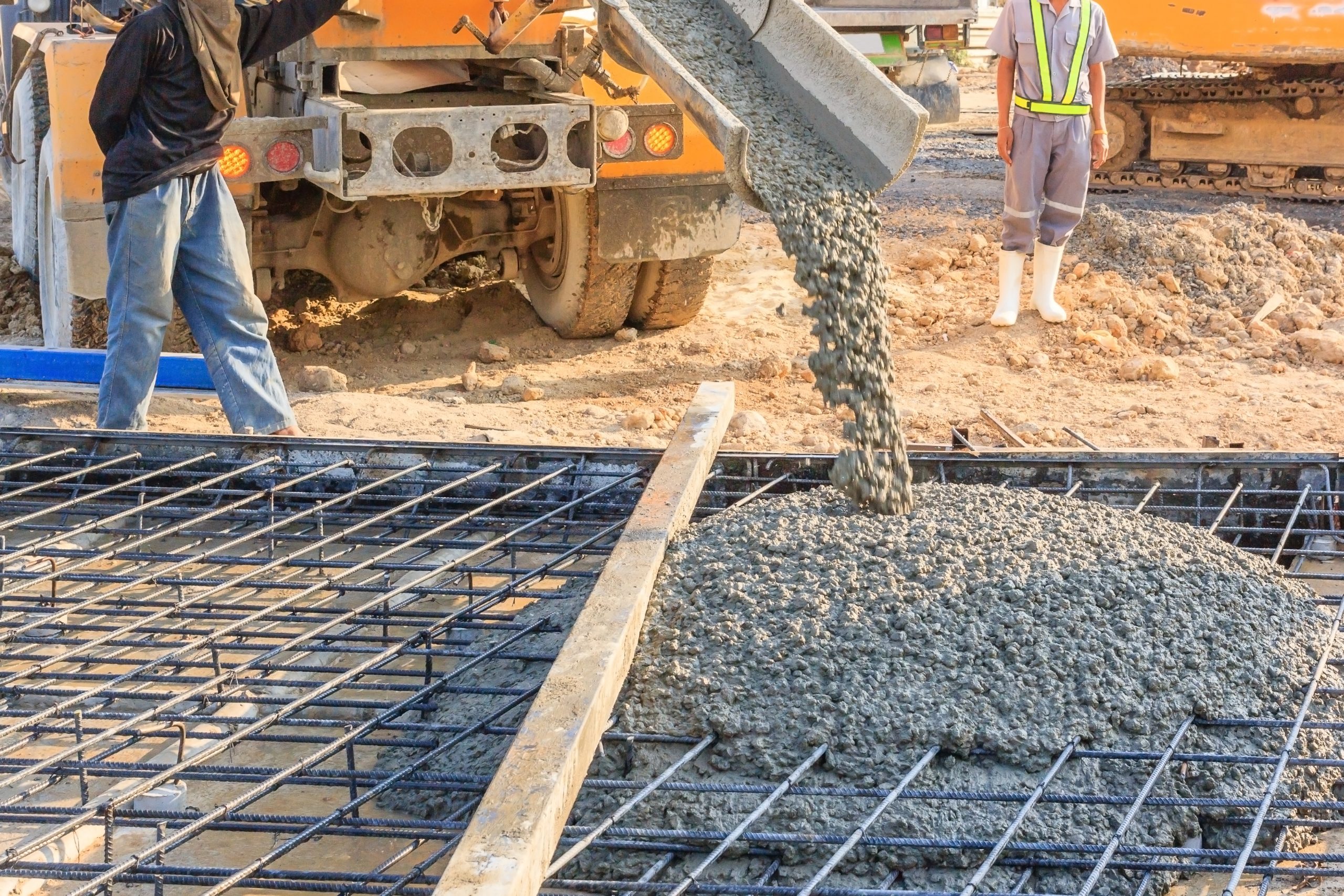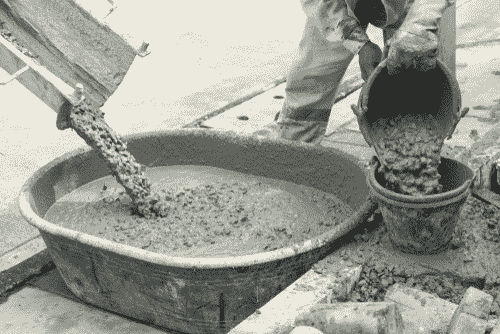Unveiling the Eco-Friendly Advantages of Making Use Of Recycled Concrete in Sustainable Building Practices
In the realm of lasting building and construction methods, the usage of recycled concrete stands as an essential yet often underestimated resource. Past its standard applications, recycled concrete deals a myriad of environmentally friendly benefits that prolong much beyond the confines of standard building and construction products. From lowering ecological effect to enhancing cost-efficiency, the ramifications of incorporating recycled concrete in sustainable building techniques are substantial. This versatile product not just addresses pressing environmental issues however additionally offers a practical service to the challenges dealt with by the construction sector at big.
Environmental Advantages
By incorporating recycled concrete right into construction techniques, there is a significant reduction in the demand for new raw materials, leading to conservation of all-natural resources. In addition, the use of recycled concrete lessens the amount of waste being sent to landfills, consequently reducing environmental contamination and minimizing the stress on land fill abilities (Concrete).

Furthermore, the production of standard concrete is a significant source of carbon exhausts because of the energy-intensive procedure of cement manufacturing. In contrast, recycled concrete has a reduced carbon impact as it reduces the need for new concrete production. This decrease in carbon discharges contributes to mitigating climate modification and sustains sustainable building and construction practices. Generally, the environmental benefits of making use of recycled concrete are substantial and play a vital function in advertising environment-friendly building and construction techniques.
Cost-Efficiency
Achieving cost-efficiency is an extremely important consideration when analyzing the use of recycled concrete in building and construction jobs. One of the vital benefits of using recycled concrete is its cost-effectiveness contrasted to typical concrete. The manufacturing of recycled concrete entails less power and resources as it utilizes existing products, decreasing the overall project costs significantly. Additionally, the schedule of recycled concrete locally can better reduce transportation expenditures, making it a much more economical option for construction projects.
Furthermore, using recycled concrete can cause savings in landfill prices by diverting concrete waste from disposal sites. This not only decreases the ecological influence but additionally eliminates the prices related to waste elimination. Furthermore, the toughness and performance of recycled concrete are comparable to traditional concrete, ensuring that cost savings do not compromise the quality of the building.
Resilience and Stamina
Thinking about the substantial cost-efficiency benefits of using recycled concrete, it is necessary to analyze its durability and toughness in building applications. Recycled concrete deals similar, if not remarkable, sturdiness and strength homes to standard concrete. With improvements our website in handling methods and quality assurance, recycled concrete can meet or exceed the efficiency standards of standard concrete. The process of reusing concrete involves squashing, arranging, and screening old concrete to generate accumulations that can be used in new building and construction jobs. These recycled aggregates can providing acceptable compressive stamina, sturdiness, and long-term performance.

Waste Decrease
When it comes to making use of recycled concrete, waste reduction is an essential benefit that adds substantially to environmental conservation. By including recycled concrete right into construction projects, this waste is repurposed and drawn away from land fills, decreasing the general environmental influence of building and construction tasks.
Additionally, the usage of recycled concrete can lead to cost savings for building and construction projects, as it is typically more budget friendly than sourcing and delivering brand-new products - Concrete. In conclusion, waste reduction with the utilization of recycled concrete is a vital component of lasting building and construction methods that benefits both the building and construction and the environment industry as a whole.
Power Conservation
Energy preservation is a crucial facet of lasting construction practices, aiming to lower the total power usage connected with structure operations and products production. When it concerns making use of recycled concrete in construction, significant power financial savings are achieved contrasted to typical concrete manufacturing. The procedure of creating recycled concrete includes crushing and reusing existing concrete materials, which eats much less power than mining, handling, and delivering raw materials for brand-new concrete production. Additionally, using recycled concrete can help lower the demand for virgin internet accumulation, additional lowering the energy-intensive extraction and processing of all-natural sources.
Conclusion
To conclude, the application of recycled concrete in lasting construction methods offers various environmental benefits, cost-efficiency, resilience, toughness, waste reduction, and energy preservation. By incorporating recycled concrete right into building and construction tasks, we can add to a more environmentally pleasant and lasting future. It is crucial for the building and construction market to focus on the usage of recycled products to assist minimize the ecological effect of building activities.
One of the key advantages of using recycled concrete is its cost-effectiveness contrasted to traditional concrete.In addition, the use of recycled concrete can lead to savings in land fill prices by drawing away concrete waste from disposal websites. The durability and performance of recycled concrete are equivalent to traditional concrete, ensuring that cost financial savings do not compromise the high quality of the construction.
